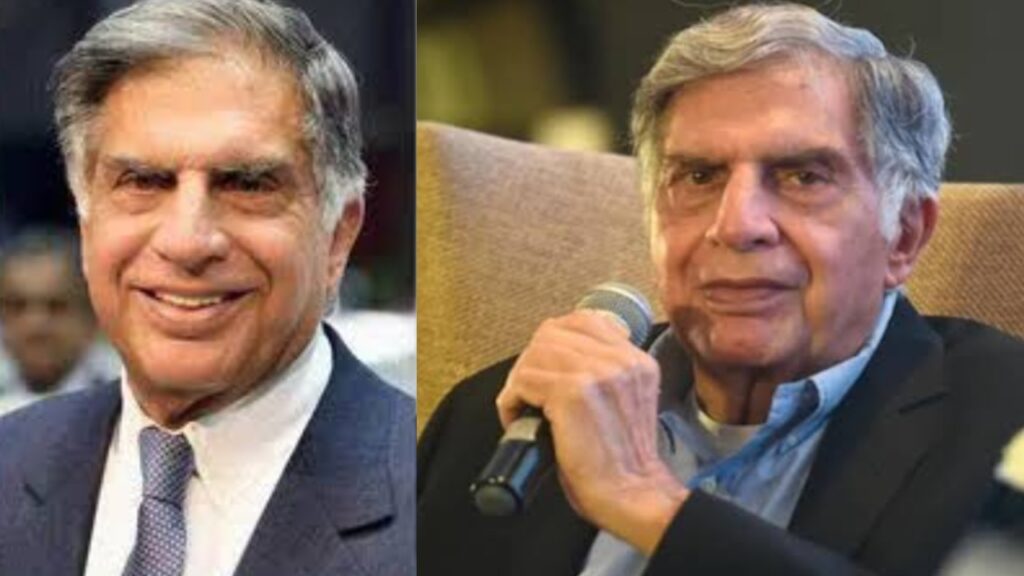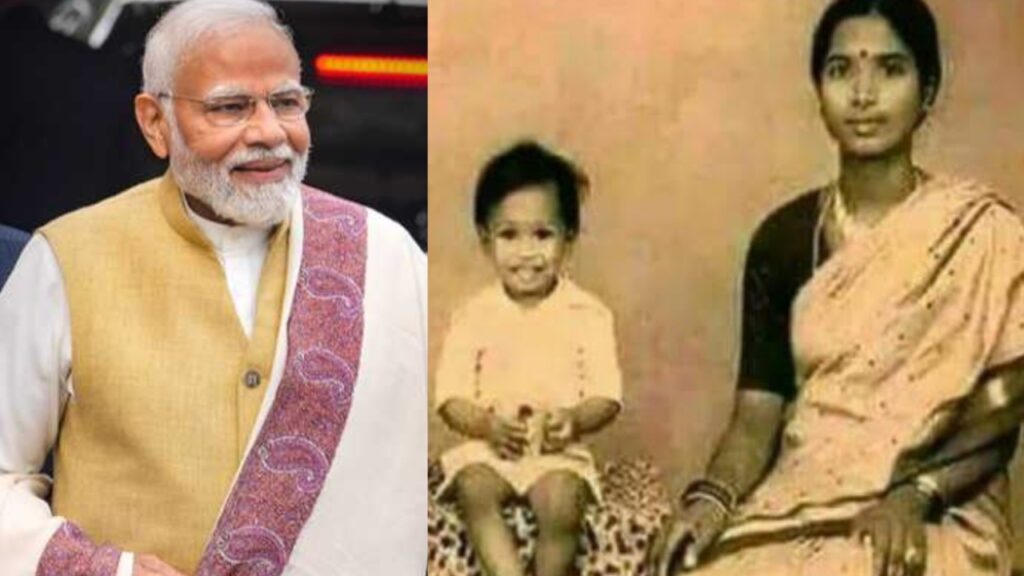A Brief Overview Of Ratan Tata
Ratan Tata, a remarkable force that embodies values and creativity, has played a pivotal role in the evolution of Indian business and charity. For Ratan Tata, who retired as chairman of Tata Sons, there was no dichotomy of Ratan Tata and the Tata Group which spanned the globe and yet remained firmly committed to the core values of enterprise social responsibility.
Ratan Tata has An Educational Background That Will Help Him Establish Himself In Any Industry
Ratan Tata was born on 28th December, 1937 in Mumbai into a family that has long been engaged in the industrial activities in India. He attended the Cathedral and John Connon School and then went to the United States of America famous Massachusetts Institute Technology, where he earned a degree in architecture. These years in his early life positioned him perfectly for his later adventures as he fused technical knowhow with a humanitarian approach.
- Full name : Ratan Naval Tata
- Born: December 28 1937, Mumbai, India
- Organic – Died: October 9, 2024. in Mumbai Aged 86 Years
- Education : Achieved a B.S (1962) in architecture before returning to India for employment
Career at Tata Group Of Ratan Tata
Mr.Tata joined into the Tata Group in the year of 1962 & became the chairman in the year of 1991. The regions served by the organization widened and new services opened, such as information technology, cars, and even steel under his regime. ‘The most inexpensive car in the world’ also known as the Tata Nano was introduced during his tenure. The group even went ahead to purchase well-known groups such as the Jaguar Land Rover. The power of Tata vision was always the support of the good and clean businesses; this was why he was understanding worldwide.

Giving Back To Socio-Cultural Life Around Through Philanthropy And Social Initiatives
Apart from businesses, Ratan Tata’s name is also attached with great hopefully. Ratan has played a pivotal role in education, healthcare and healthcare for the villages through the ‘Trusts’ of Tata. His reinforcing social stance, attributed even to the industrial giant, is that business must be for the people and not for selfish gains of a few.
